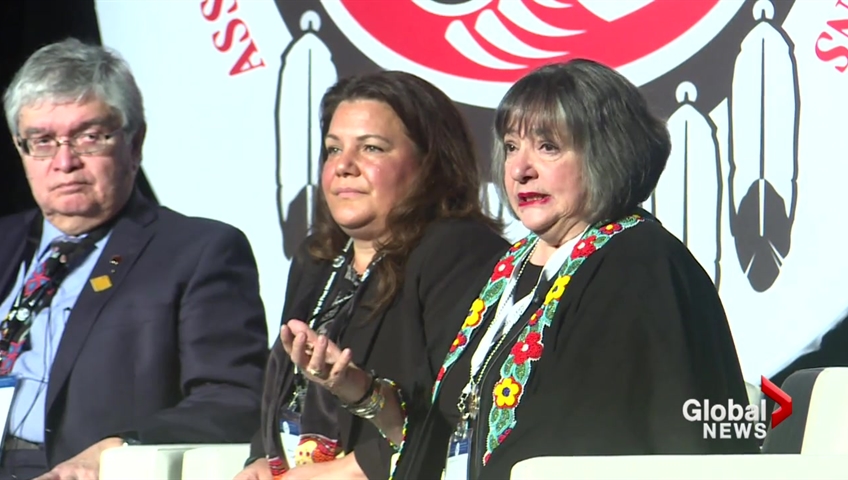N.S. introduces policy ensuring fair treatment of Indigenous Peoples in courts
The Nova Scotia government has introduced a new policy to ensure the fair treatment of Indigenous Peoples facing criminal prosecution in the province.
The Public Prosecution Service says the new approach recognizes the special legal and constitutional status of Indigenous Peoples, along with their unique history, circumstances and culture.
The policy will guide Crown lawyers through all aspects of criminal cases involving Indigenous Peoples, including the decision to prosecute, restorative justice, arraignment, bail and sentencing.
Chief Crown attorney Ingrid Brodie says Indigenous Peoples have become disproportionately involved in the criminal justice system in Nova Scotia and across Canada.
She says First Nations will be afforded special consideration within the criminal justice system because of their unique circumstances and culture.
The policy references years of dislocation, lack of economic opportunity, and forced family disruption through residential schooling and child welfare systems and the ensuing loss of culture, language and traditions.
It comes eight months after Nova Scotia became the first province in Canada to open a superior court on a reserve.
The Gladue Court in Wagmatcook First Nation, Cape Breton, incorporates Indigenous restorative justice traditions and customs.
Attorney General and Justice Minister Mark Furey says Indigenous Peoples in Nova Scotia have the right to expect fair treatment within the criminal justice system.
“This policy provides additional clarity for our Crown attorneys,” he said in a statement on Tuesday.
The decision to open a superior court on a First Nation reserve and introduce a new policy for Indigenous Peoples facing criminal prosecution are significant developments in a province with a dark history of failing Indigenous Peoples.
Donald Marshall Jr. was a Mi’kmaq man who was wrongly convicted of murder. He served 11 years in prison.
Source: Read Full Article



